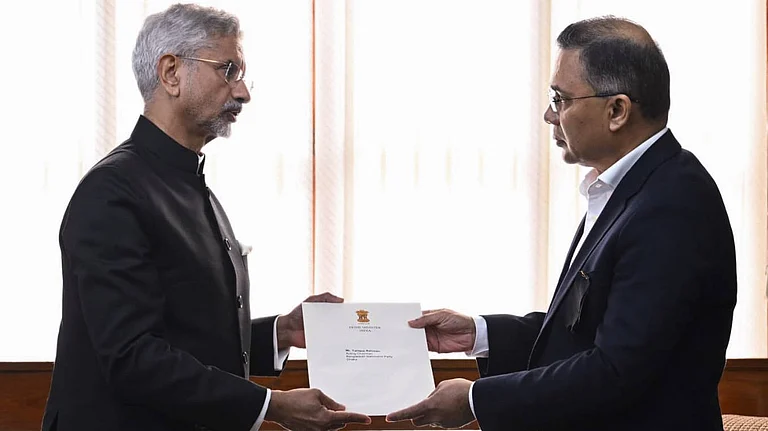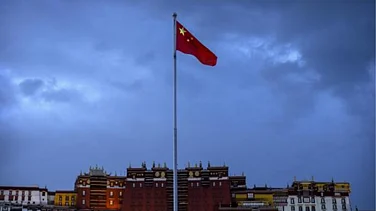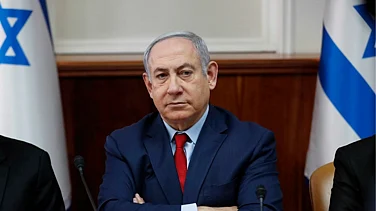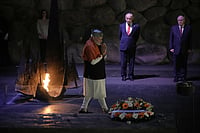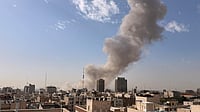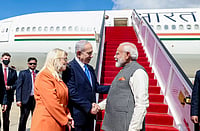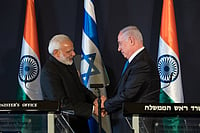Bangladesh, India’s closest friend in the region will not be amused that it has been singled out together with Afghanistan and Pakistan as a country where minorities get a bad deal.
The CAA allows Hindus, Sikhs, Christians, Jains, Parsis, and Buddhist minorities facing persecution in these three Muslim-majority nations easy access to Indian citizenship. In 2019, when the CAA was passed in Parliament, Home Minister Amit Shah spoke in the Lok Sabha of the oppression of minorities in the three countries. But realising that Dhaka was unhappy at this reference, he amended his words while speaking in the Rajya Sabha, by adding that in Bangladesh minorities faced persecution in the past, especially under the military regime.
After the Home Ministry notification on Monday, which will bring the CAA into force, BJP party spokespersons across television channels frequently used the terms oppression, persecution, and discrimination of minorities in Pakistan, Afghanistan, and Bangladesh. Dhaka will have noted this with concern and disappointment. Luckily for the Awami League and Sheikh Hasina, national elections are done and dusted and the opposition is too weak to make a dent on the ruling party’s fortunes.
Prime Minister Sheikh Hasina takes pride in Bangladesh’s secular credentials. During her three terms in office, she is now on her fourth, all communities in the country have enjoyed equal rights. Religious festivals including Durga Puja and Christmas are celebrated with as much enthusiasm as Eid. In 2021, Hindus came under attack in Comilla, on social media allegations of blasphemy at a Durga Puja pandal. At least four people were killed and several injured when mobs attacked several pandals in the town. The Prime Minister took swift action and warned that no one would be allowed to disturb the peace. Several arrests were made and the rioting was quickly quelled.
Dhaka has been a good friend to India and has kept a discreet silence despite provocative statements by BJP leaders and party workers. Bangladeshi migrants were regularly raked up at election time through the last ten years, especially in the northeast and in Bengal. In 2019, when Kashmir’s special status was revoked and the Citizenship Amendment Act passed, Bangladesh, unlike Pakistan, Turkey, Malaysia, and several other Muslim countries did not issue any statements, though raised the matter behind closed doors. Though the talk of extending the National Register of Citizens (NRC) that was specially designed for Assam across the country was of particular concern to Bangladesh, the government did not raise the matter publicly.
The concern was that those regarded as illegal migrants would be sent back to Bangladesh. Several high-profile visits by Bangladeshi ministers were deferred or dropped, but nothing was said publicly. The Jamaat and the opposition Bangladesh Nationalist Party (BNP) attacked and humiliated the Sheikh Hasina government dubbing her as a stooge of India. A few protests, by religious elements and the Jamaat did take place, but the government came down heavily on protestors. New Delhi on its part, took care to assure Dhaka that the NRC was an internal matter and Bangladesh had no reason to worry.
However, despite all this, the CAA coming into force will cast a brief shadow on bilateral ties.










